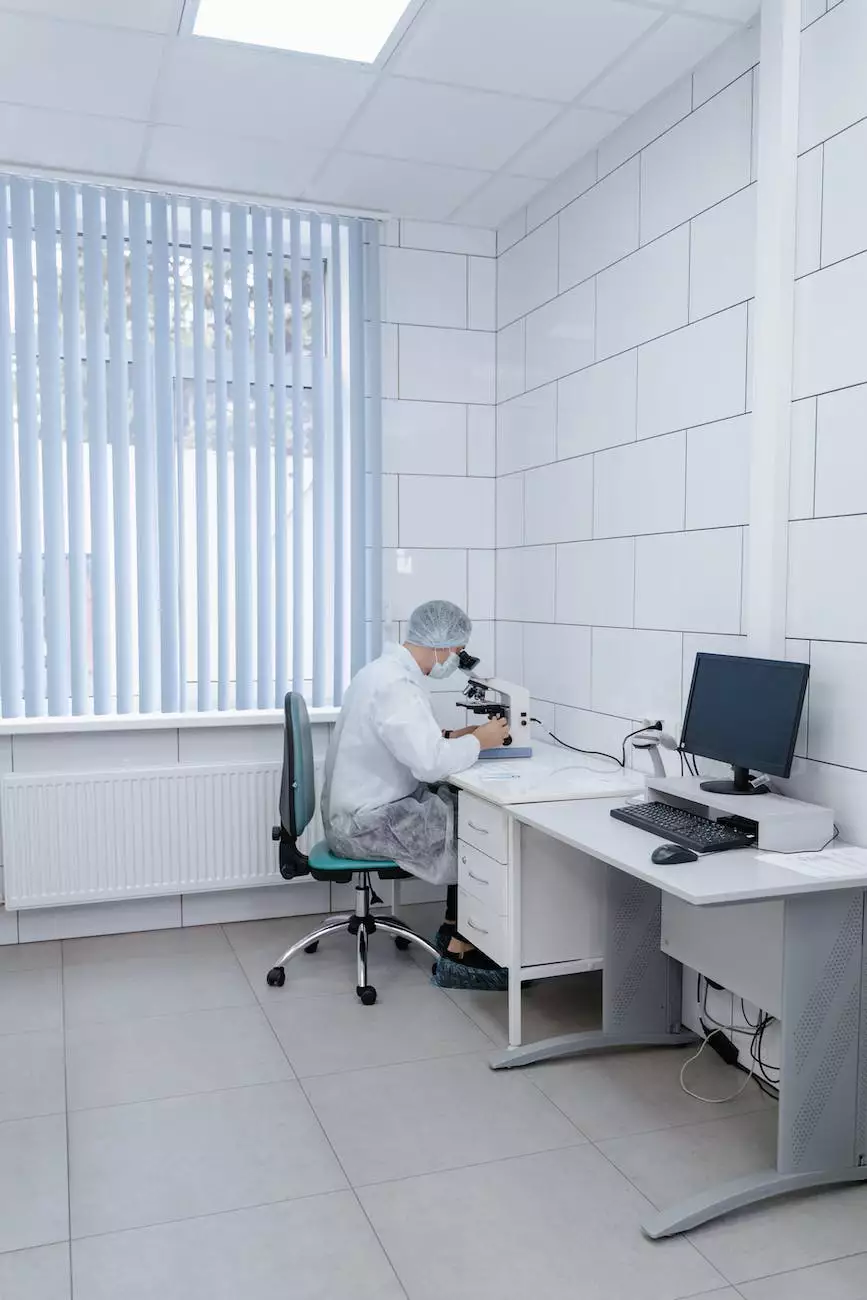Skin Cancer Treatment | Kadlec Tri-Cities Cancer Center
Cancer Treatment Team
About Skin Cancer
Skin cancer is a type of cancer that affects the skin cells. It occurs when skin cells start to divide and grow abnormally. There are several types of skin cancer, including basal cell carcinoma, squamous cell carcinoma, and melanoma.
Symptoms of Skin Cancer
The symptoms of skin cancer vary depending on the type and stage of the cancer. Some common symptoms include:
- Irregularly shaped moles or growths
- Changes in the color, size, or texture of moles
- Bleeding or oozing from a mole
- Itching or pain in a mole or growth
- A sore that doesn't heal
- A lump or thickening of the skin
Types of Skin Cancer
There are three main types of skin cancer:
1. Basal Cell Carcinoma
Basal cell carcinoma is the most common type of skin cancer. It usually develops on areas of the skin that are frequently exposed to the sun, such as the face and neck. Basal cell carcinoma grows slowly and rarely spreads to other parts of the body. However, it should still be treated promptly to prevent damage to surrounding tissues.
2. Squamous Cell Carcinoma
Squamous cell carcinoma is the second most common type of skin cancer. It typically appears on sun-exposed areas like the face, ears, hands, and arms. Squamous cell carcinoma may grow more rapidly than basal cell carcinoma and has a higher risk of spreading to other parts of the body if not treated early.
3. Melanoma
Melanoma is the most dangerous type of skin cancer. It can develop from existing moles or appear as a new dark spot on the skin. Melanoma has the potential to spread to other organs and can be life-threatening if not diagnosed and treated in its early stages.
Skin Cancer Treatment Options
At Kadlec Tri-Cities Cancer Center, we offer a range of advanced skin cancer treatment options. Our team, led by Dr. Sibel Blau, is dedicated to providing personalized care and using the latest techniques to ensure the best outcomes for our patients.
1. Surgery
Surgery is one of the primary treatment options for skin cancer. It involves the removal of cancerous cells and surrounding healthy tissue. Depending on the size and location of the cancer, different surgical techniques may be utilized, such as excision, Mohs surgery, or lymph node dissection.
2. Radiation Therapy
Radiation therapy uses high-energy X-rays or other forms of radiation to kill cancer cells and shrink tumors. It can be used as the main treatment for early-stage skin cancer or combined with surgery in more advanced cases. Our state-of-the-art facility at Kadlec Tri-Cities Cancer Center is equipped with the latest radiation technology to deliver precise and effective treatment.
3. Targeted Therapy
Targeted therapy is a form of treatment that specifically targets cancer cells while sparing healthy cells. It works by interfering with specific molecules or pathways involved in cancer cell growth. This approach can be effective in treating advanced or metastatic skin cancer.
4. Immunotherapy
Immunotherapy utilizes the body's immune system to fight cancer. It stimulates the immune system to recognize and destroy cancer cells. Immunotherapy has shown promising results in the treatment of advanced melanoma and is an area of active research.
5. Clinical Trials
Participation in clinical trials can provide access to experimental treatments and contribute to the advancement of skin cancer treatment. Our center actively participates in clinical trials, offering eligible patients the opportunity to explore innovative therapies.
About Dr. Sibel Blau
Dr. Sibel Blau is a highly experienced oncologist specializing in skin cancer treatment. With her expertise and compassionate approach, Dr. Blau has helped numerous patients navigate their cancer journey with exceptional care. She is dedicated to providing the latest treatments and supporting her patients throughout the treatment process.
Contact Kadlec Tri-Cities Cancer Center
If you or a loved one has been diagnosed with skin cancer, we are here to help. Contact Kadlec Tri-Cities Cancer Center to schedule a consultation with Dr. Sibel Blau and explore the comprehensive skin cancer treatment options available.
Remember, early detection and prompt treatment are key to improving outcomes. Don't hesitate to seek medical attention if you notice any concerning changes in your skin.










